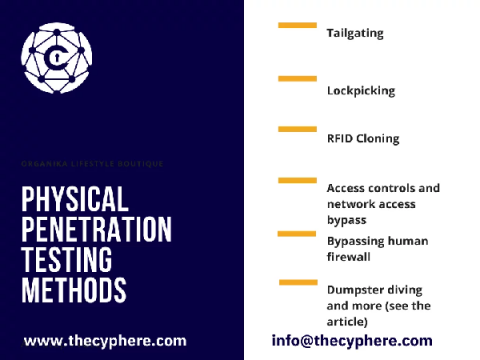What Are the Different Types of Penetration Testing?
No company is free from risks and vulnerabilities. No matter how robust the digital infrastructure or how strict the cybersecurity measures are, some level of residual risk will always remain. That’s why many organizations include penetration testing in their risk assessment and security program.










